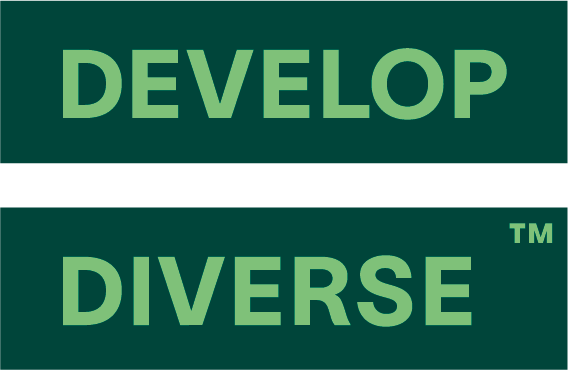BME stands for “Black and Minority Ethnic” and is an acronym used in the UK to refer to people from diverse ethnic backgrounds other than White British descent.
What is BME? Meaning and explanation
BME is an abbreviation for “Black and Minority Ethnic”. The term encompasses diverse non-White British backgrounds in the UK, such as African, African-Caribbean, Asia, Middle Easter, and Latin American heritages.
Historical context
The concept emerged in the UK during the late 20th century as a response to the need for inclusive language in discussions about race and ethnicity.
It was initially intended to unite diverse communities under a shared umbrella term and foster a sense of collective identity.
BME sought to address the lack of representation and acknowledgement of non-white British communities in various aspects of society.
The significance of BME
BME is an umbrella term encompassing individuals from diverse ethnic backgrounds, other than White British descent.
Below are a few points to exemplify the significance of the term.
1. Acknowledging diversity
BME recognizes the multicultural fabric of the UK, encompassing a wide array of ethnicities and cultures. It acknowledges the richness and complexities that arise from the diverse backgrounds of its citizens.
2. Addressing inequalities
The term sheds light on disparities and inequalities experienced by individuals from non-White British backgrounds. It helps policymakers identify specific challenges faced by different ethnic groups and develop targeted interventions and support.
3. Representation and inclusion
BME promotes inclusive representation in various sectors, including education, employment, healthcare, and media. By using BME, diverse voices are acknowledged and heard, fostering a more comprehensive approach to representation and policy making.
Contemporary debates and challenges about the term
While BME has been used for many years, there is an ongoing debate regarding its appropriateness and effectiveness in the diverse society of today.
Critics argue that the term presents some challenges and limitations, which are exemplified below.
1. No specificity
The term lacks specificity, which hinders the differentiation between diverse ethnic backgrounds, potentially overlooking the unique histories and struggles each community has faced.
2. Reinforcing stereotypes
Critics argue that the use of the term BME as a collective label may inadvertently perpetuate stereotypes and oversimplify the rich diversity within different ethnic groups, leading to a limited understanding of individual experiences.
3. Concerns about essentialism
The use of BME as an umbrella term raises concerns about essentialism, where diverse communities are seen as having the same characteristics and experiences, disregarding their unique identities.
4. Overlooking intersectionality
Some critics argue that the primary focus BME has on race and ethnicity might overshadow other critical factors like gender, religion, and socioeconomic status, neglecting the intersectional nature of individual experiences and identities.
Is it okay to use the term BME today?
The appropriateness of using the term BME today depends on the context and intention.
Here are some key points to keep in mind in different contexts:
- Statistical comparisons: BME may still be used in statistical comparison between White and Black, Asian, and minority ethnic populations, where broad categorization serves a practical purpose.
- Demographic data: In certain contexts, like research reports or data collection, BME can be used as a convenient umbrella category for reporting demographic information.
- Addressing individuals: Avoid using BME as a replacement for directly addressing specific racial or ethnic groups or people. Instead, use specific ethnic identifiers, like “black” or “Asian” to respect individual identities and experiences.
BAME vs BME
BAME and BME are both acronyms used in the UK, but BAME stands for “Black, Asian, and Minority Ethnic”, making it a more inclusive term compared to BME.
As a result, BAME has gained greater popularity and acceptance in contemporary discussions about diversity and multiculturalism in the UK – though it has been heavily criticized as well.
Popular UK broadcasters like BBC, ITV, Channel 4 and Channel 5 have committed to not using both acronyms wherever possible.
